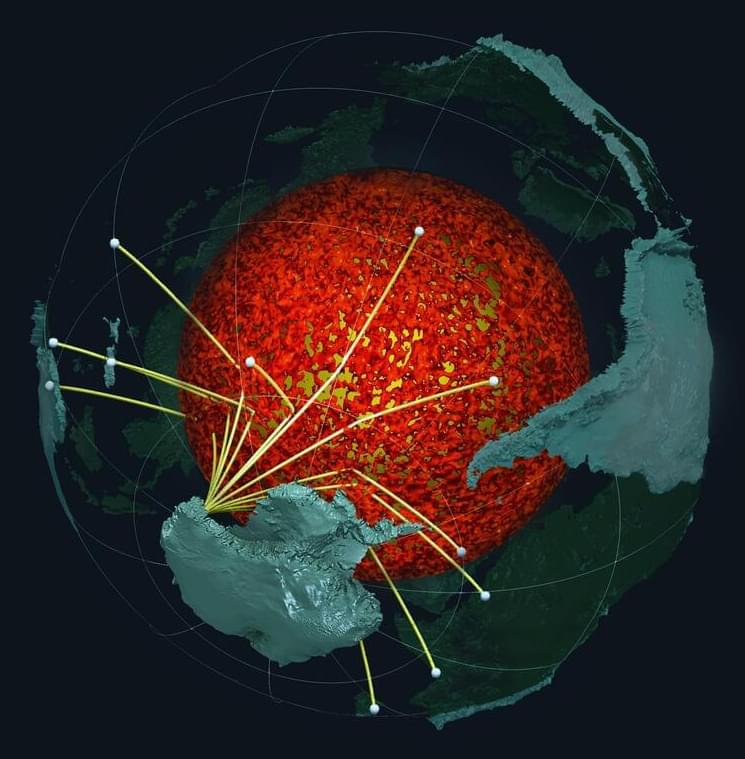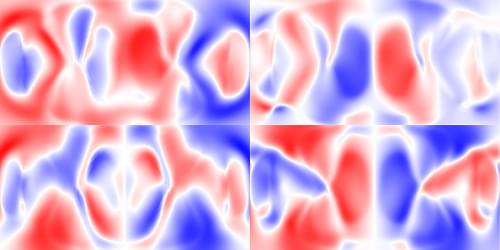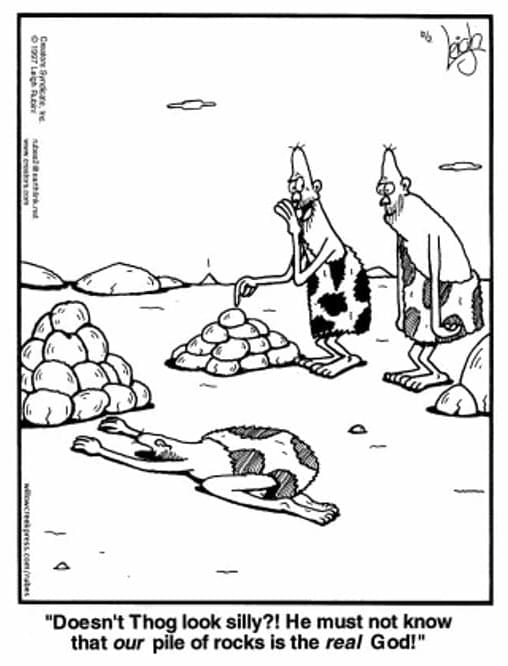
Through global-scale seismic imaging of Earth’s interior, research led by The University of Alabama revealed a layer between the core and the mantle that is likely a dense, yet thin, sunk ocean floor, according to results published today in Science Advances.
Seen only in isolated patches previously, the latest data suggests this layer of ancient ocean floor may cover the core-mantle boundary. Subducted underground long ago as the Earth’s plates shifted, this ultra-low velocity zone, or ULVZ, is denser than the rest of the deep mantle, slowing seismic waves reverberating beneath the surface.
“Seismic investigations, such as ours, provide the highest resolution imaging of the interior structure of our planet, and we are finding that this structure is vastly more complicated than once thought,” said Dr. Samantha Hansen, the George Lindahl III Endowed Professor in geological sciences at UA and lead author of the study. “Our research provides important connections between shallow and deep Earth structure and the overall processes driving our planet.”


















